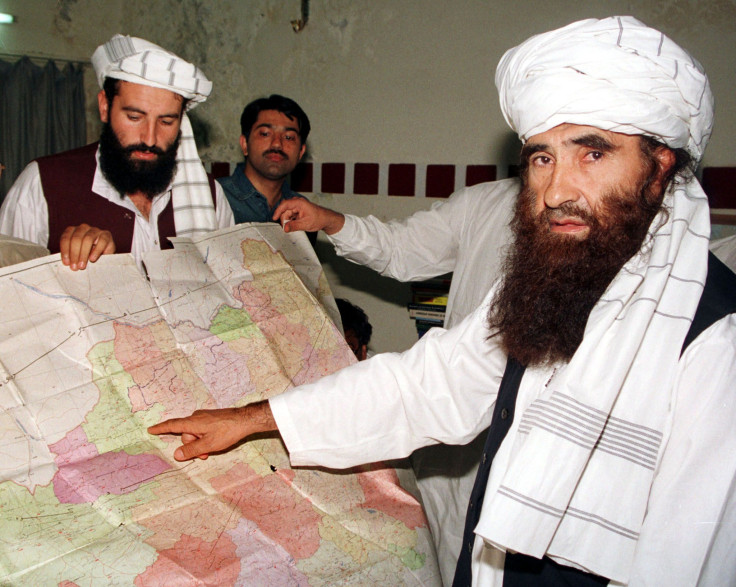Who Was Jalaluddin Haqqani? Terrorist Haqqani Network Founder Dies Of Illness

The Afghan Taliban confirmed the death former anti-Soviet Mujahideen leader and the current leader of the Haqqani network, Mawlawi Jalaluddin Haqqani, on Tuesday. He reportedly died of complications from a chronic illness.
“The Islamic Emirate of Afghanistan offers its deepest condolences and condolences to the death of Sheikh Haqqani, may God have mercy on him, to the jihadist family of the Shaykh, may God have mercy on him, to all Mujahideen, to the Afghan people and to all the Muslims of the world,” the militant organization said in a statement.
Haqqani had been bedridden with paralysis for the past 8 years and suffered “great hardships for the religion of God in his youth and health.” His body has been buried in Afghanistan.
“He bore with all patience and heart satisfied with God's long suffering and the suffering of his long illness, even handed his soul to her,” it added.
The age and location of death is unknown.
Taliban spokesman Zabihullah Mujahid has announced death of Jalaluddin Haqqani: founder of Haqqani Network, member of the Quetta Shura, instrumental figure in keeping Taliban together after death of Mullah Omar, father of Taliban deputy emir & military supremo Sirajuddin Haqqani. pic.twitter.com/IL7czKjvDT
— Bill Roggio (@billroggio) September 4, 2018
Haqqani was the second most important figure in the Taliban and was even been credited with introducing suicide bombing in Afghanistan. He was the founder of the notorious Haqqani network based in the North Waziristan region of Pakistan.
According to a counter-terrorism guide published by the U.S. government's National Counterterrorism Center, the group conducts cross-border operations into eastern Afghanistan and Kabul from its base.
The group is considered the most lethal insurgent group that targets the U.S. and Afghan forces in Afghanistan. It is considered responsible for some of the high-profile attacks in the South Asian nation including the June 2011 attack on the Kabul Intercontinental Hotel and two major suicide bombings — in 2008 and 2009 — at the Indian Embassy in Kabul.
He emerged as an insurgent commander during the anti-Soviet war and was a member of the Hezb-e Islami faction led by mujahedin commander Younis Khalis. In the 1990s, Haqqani allied with the Afghan Taliban as its minister of tribal and border affairs. He was closely tied to the al Qaeda leaders and was recognized as one of Osama Bin Ladin’s closest mentors during his formative years in the 1980s Afghan war.
A few years back, he relinquished operational leadership of the network to his son Sirajuddin Haqqani, who is also the deputy leader of the Afghan Taliban now.
In 2012, while referring to rumors of Haqqani Network being “an independent front from the Islamic Emirate,” he said “There is no truth to such claims and rumors at all; they are part of the war of rumors by the enemies of Islam. We are one of the fronts of the Islamic Emirate, and we do jihad in the Cause of Allah under its banner, and we are proud of our pledge to its Emir [Mullah Omar] and we carry out its orders and all its regulations. All formations and the employment figures with us are by the Islamic Emirate, and we obey completely in good deeds the Emir of the Believers Mullah Muhammad Omar.”
In response, Taliban issued a statement asserting that Haqqani is “a member of the Leadership Council of Islamic Emirate and is a close, loyal and trusted associate” of Taliban leader Mullah Omar.
Some reports claimed Haqqani died in 2014 itself and the Taliban kept it as a secret until now. However, there was no confirmation on it, BBC reported.
© Copyright IBTimes 2024. All rights reserved.











